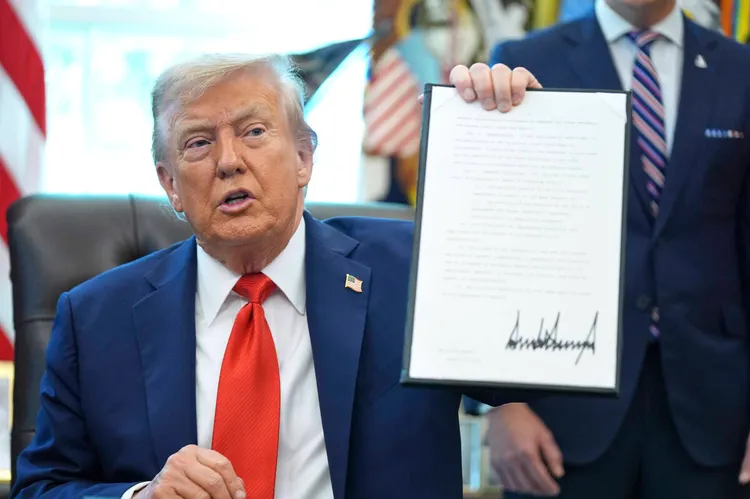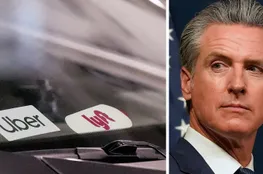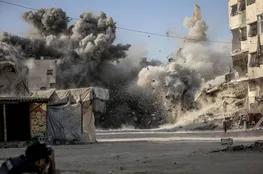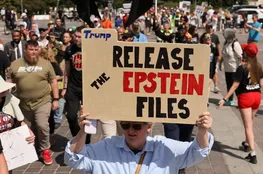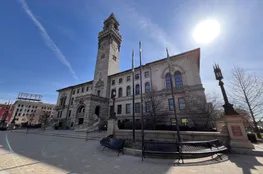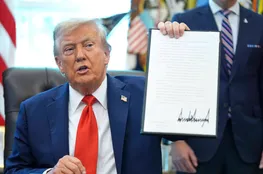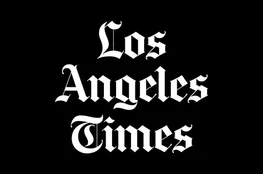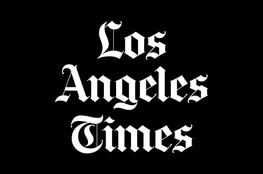WASHINGTON – President Donald Trump has taken a significant step towards reversing a Supreme Court ruling, signing an executive order that directs the Justice Department to investigate and prosecute individuals for burning the American flag. This action follows the Supreme Court’s landmark 1989 decision, which, controversially, established that flag burning constitutes protected political expression under the U.S. Constitution. Despite this established legal precedent, the Republican president argues that there remains a valid basis for prosecution when flag burning is deemed likely to incite imminent lawless action or constitutes ‘fighting words.’ The 5-4 Supreme Court ruling, led by the late Justice Antonin Scalia, acknowledged the right to this form of expression, a stance Trump has repeatedly affirmed and defended. The executive order reflects Trump’s assertion that flag burning poses a serious threat to national security and public order, claiming it triggers "riots at levels we’ve never seen before," fueled by individuals "going crazy" over the act and expressions of anger directed at those who engage in it. The text of the order specifically highlights the perceived offensive nature of flag burning, describing it as a "statement of contempt, hostility, and violence against our Nation – the clearest possible expression of opposition to the political union that preserves our rights, liberty, and security." It emphasizes that flag burning may incite violence and riot. The order mandates that the attorney general prioritize enforcement of existing criminal and civil laws against flag burning that causes harm beyond the scope of First Amendment protections. This includes actions that are deemed purely destructive or intentionally harmful. The proposed penalty for flag burning is one year in jail with no opportunity for early release, reflecting the seriousness with which Trump views the offense. Furthermore, the executive order extends the potential consequences to foreign nationals who burn the American flag. These individuals could face the revocation of their visas, residency permits, naturalization proceedings, and other immigration benefits, potentially leading to deportation. Trump characterized the Supreme Court’s previous ruling as a "very sad court," arguing that it was a 5-4 decision labeled "freedom of speech." However, he contends that a more critical factor exists: "death," referencing the potential for widespread unrest and chaos triggered by the act of flag burning. He suggests that hundreds of individuals could become "crazy" as a result. The executive order seeks to address what Trump perceives as the dangerous implications of this legal precedent, aiming to restore a sense of order and security by deterring flag burning and holding those who engage in it accountable. The focus is on prosecuting cases where flag burning is seen as directly contributing to violence or public disorder, rather than simply protecting a form of expressive conduct. The potential for significant legal challenges remains, given the established Supreme Court ruling, but Trump’s action signals a continued effort to reassert control over the narrative surrounding this contentious issue. This executive order represents a direct challenge to the Supreme Court’s interpretation of the First Amendment and underscores the ongoing debate over the balance between freedom of expression and national security. The aim is to prevent what the president believes is a dangerous escalation of unrest and maintain public order.
Politics

